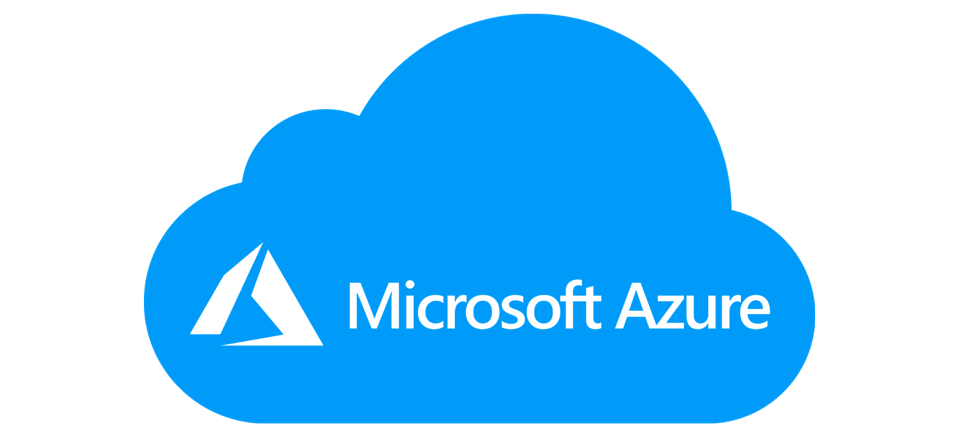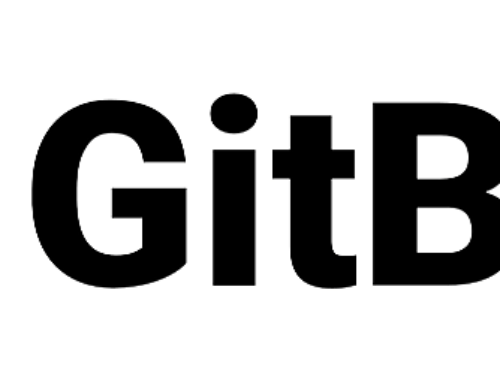Cloud computing has become an indispensable tool for organizations, including nonprofits, to optimize operations, enhance collaboration, and drive impact. Microsoft Azure, a leading cloud platform, offers a valuable resource for nonprofits through its $3,500 annual grant program. In this blog post, we will explore how nonprofits can leverage the Microsoft Azure grant to spin up servers, applications, networks, and more in the cloud while emphasizing the benefits of enhanced security and remote work capabilities.

The Microsoft Azure grant empowers nonprofits to harness the full potential of cloud computing, enabling them to create a scalable and flexible infrastructure to support their mission-critical operations. Here’s how nonprofits can leverage Azure’s features:
- Virtual Machines and Servers: With Azure, nonprofits can easily spin up virtual machines and servers on-demand, eliminating the need for costly physical hardware investments. This allows nonprofits to scale their resources as needed, reducing operational costs and improving efficiency.
- Application Development and Deployment: Azure provides a robust platform for nonprofits to develop, test, and deploy applications. Whether building web applications, mobile apps, or backend services, Azure’s tools and services simplify the development process, enabling nonprofits to deliver innovative solutions faster.
- Networking and Connectivity: Azure’s networking capabilities allow nonprofits to create virtual networks, secure connections, and control traffic flow. With features like virtual private networks (VPNs) and Azure ExpressRoute, nonprofits can establish secure connections between their on-premises infrastructure and the cloud, ensuring seamless communication and data transfer.
Enhanced Security
Security is a top priority for nonprofits, especially when handling sensitive donor information and confidential data. Azure offers robust security features to safeguard nonprofit assets:
- Advanced Threat Protection: Azure’s advanced threat protection services help nonprofits detect and respond to cybersecurity threats promptly. Features such as Azure Security Center and Azure Sentinel provide real-time threat intelligence, automated threat responses, and proactive security monitoring.
- Data Encryption and Compliance: Azure enables nonprofits to encrypt their data at rest and in transit, ensuring that sensitive information remains protected. Nonprofits can also leverage Azure’s compliance certifications, such as GDPR and HIPAA, to meet regulatory requirements and maintain data privacy.
Conclusion
The Microsoft Azure $3,500 annual grant presents an incredible opportunity for nonprofits to leverage the power of cloud computing and drive digital transformation. Azure’s robust security features ensure the protection of nonprofit data and assets, while remote work capabilities facilitate collaboration and productivity.
At Good HeartTech, we understand the unique needs of nonprofits in the digital realm. Our team can guide your organization in leveraging the Microsoft Azure grant to its full potential. Contact us today to learn more about how we can help your nonprofit harness the power of Azure and accelerate your mission-driven impact in the cloud-based world. Together, let’s unlock the possibilities of Microsoft Azure for your organization’s success.





